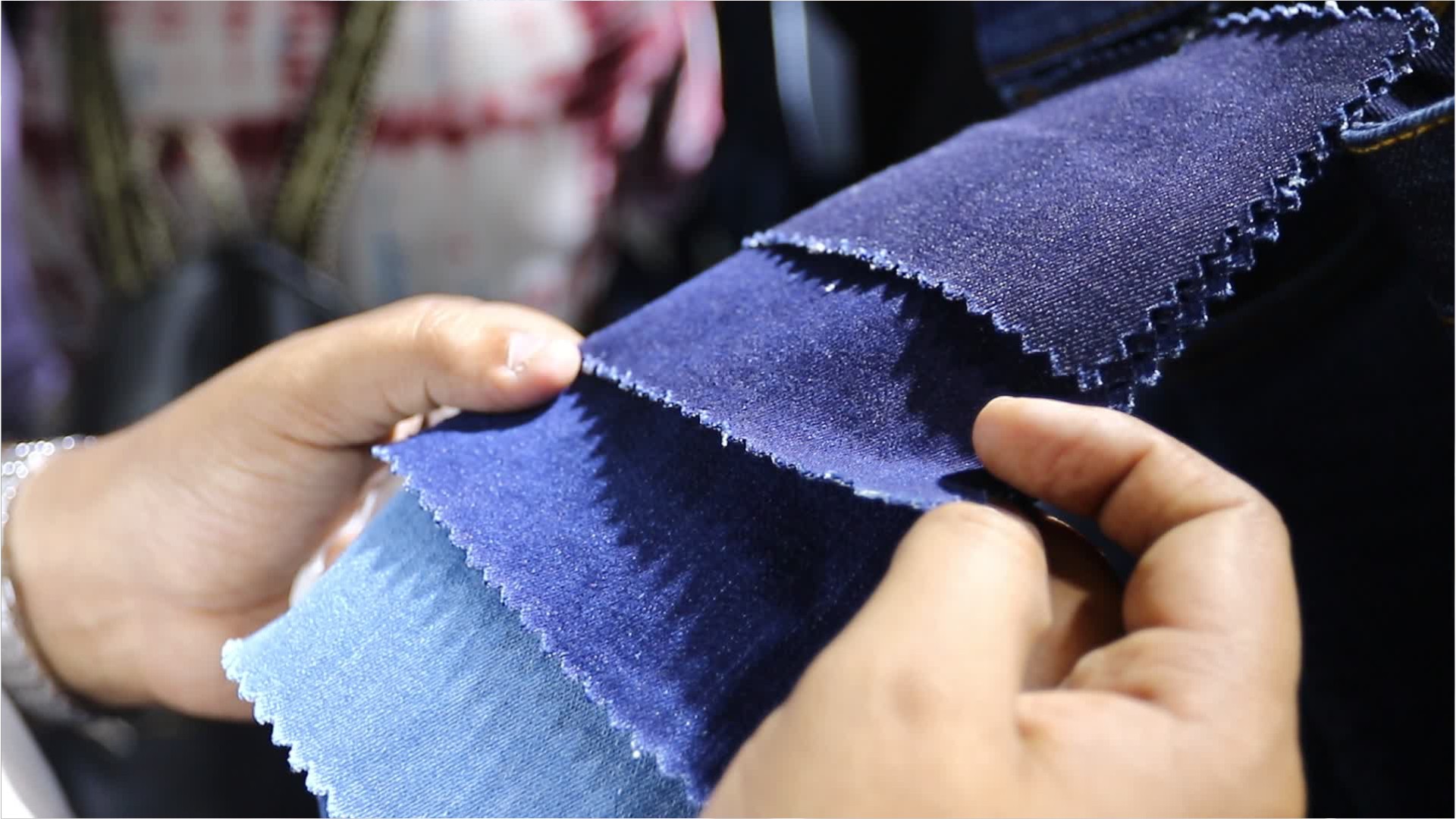Inspectors, Testers, Sorters, Samplers, & Weighers
Inspector, Quality Control Inspector (QC Inspector), Quality Inspector, Quality Technician
 Select a military branch to see samples.
Select a military branch to see samples.
Advanced Fighter Aircraft Integrated Avionics; Aerospace Propulsion Craftsman, TF33, CF6, F103, F108, F117, TFE-731, TF39, PW 2040, F138 Jet Engines (Airlift, Special Mission, and B-52 aircraft); Aircraft Hydraulic Systems Helper; Aircrew Flight Equipment Journeyman, Non-Ejection Seat Aircraft; Avionics Test Station, Components, And Electronic Warfare Systems Helper; Heavy Aircraft Integrated Avionics Journeyman, C4ISR Mission Systems (E-3, E-4, E-7, EC-130H, RC-135, VC-25); Medical Materiel Journeyman; Mobility Force Aviator, KC-10 Boom Operator; Refuel/Bomber Aircraft Maintenance Apprentice, B-2; Remotely Piloted Aircraft Maintenance Helper, MQ-1/MQ-9
Armament Systems Maintenance Warrant Officer; Automated Logistical Specialist; Automotive Maintenance Warrant Officer; Electronic Maintenance Supervisor; Medical Logistics Specialist; Petroleum Laboratory Specialist; Plumber; Self Propelled Artillery Systems Mechanic; Senior Electronics Maintenance Warrant Officer; Supply Systems Technician
Avionics Electrical Technician; Damage Controlman; Electrician's Mate; Gunner's Mate; Marine Safety Specialist; Marine Safety Specialist Deck; Marine Safety Specialist Engineer; Material Maintenance Specialty; Naval Engineering Specialty; Weapons Specialty
Aircraft Electrical Systems Technician, F/A-18; Aircraft Ordnance Technician; Aviation Ordnance Systems Technician; Electro-Optical Ordnance Repairer; Fixed-Wing Aircraft Airframe Mechanic, KC-130; Fixed-Wing Aircraft Mechanic, F-35; Fixed-Wing Aircraft Power Plants Mechanic, J-52; Fixed-Wing Aircraft Safety Equipment Mechanic, KC-130/V-22; Ground Ordnance Weapons Chief; Ordnance Vehicle Maintenance Chief
Advanced Machinery Repairman; Aviation Electrician's Mate; Board of Inspection and Survey (INSURV) Inspector; DCMA Government Ground Representative (GGR); Fleet Electronics Calibration (FECL) Technician; Information Systems Technician Submarines; LDO - Ordnance, Aviation; NAMTS Rigger/Weight Tester; Non-Nuclear NDT Examiner; Special Operations Parachute Rigger
No similar titles were found.
What they do:
Inspect, test, sort, sample, or weigh nonagricultural raw materials or processed, machined, fabricated, or assembled parts or products for defects, wear, and deviations from specifications. May use precision measuring instruments and complex test equipment.
On the job, you would:
- Discard or reject products, materials, or equipment not meeting specifications.
- Mark items with details, such as grade or acceptance-rejection status.
- Measure dimensions of products to verify conformance to specifications, using measuring instruments, such as rulers, calipers, gauges, or micrometers.
Knowledge
Manufactured or Agricultural Goods
- manufacture and distribution of products
Arts and Humanities
- English language
Business
- customer service
Engineering and Technology
- mechanical
Skills
Basic Skills
- thinking about the pros and cons of different ways to solve a problem
- writing things for co-workers or customers
Problem Solving
- noticing a problem and figuring out the best way to solve it
Abilities
Verbal
- communicate by speaking
- listen and understand what people say
Hand and Finger Use
- hold or move items with your hands
- keep your arm or hand steady
Personality
People interested in this work like activities that include practical, hands-on problems and solutions.
They do well at jobs that need:
- Cautiousness
- Attention to Detail
- Dependability
- Integrity
- Achievement Orientation
- Perseverance
Technology
You might use software like this on the job:
Computer aided design CAD software
- Autodesk AutoCAD
- Dassault Systemes SolidWorks
Desktop communications software
- Skype
Analytical or scientific software
- Minitab
- The MathWorks MATLAB
Education
Education: (rated 2 of 5)
high school diploma/GED or
certificate after high school
usually needed
certificate after high school
usually needed
Job Outlook
Below Average
New job opportunities are less likely in the future.
Explore More
- Aircraft Structure, Surfaces, Rigging, & Systems Assemblers
- Calibration Technologists & Technicians
- Electrical & Electronic Equipment Assemblers
- Electromechanical Equipment Assemblers
- Industrial Machinery Mechanics
You might like a career in one of these industries:
See more details at O*NET OnLine about Inspectors, Testers, Sorters, Samplers, & Weighers.





